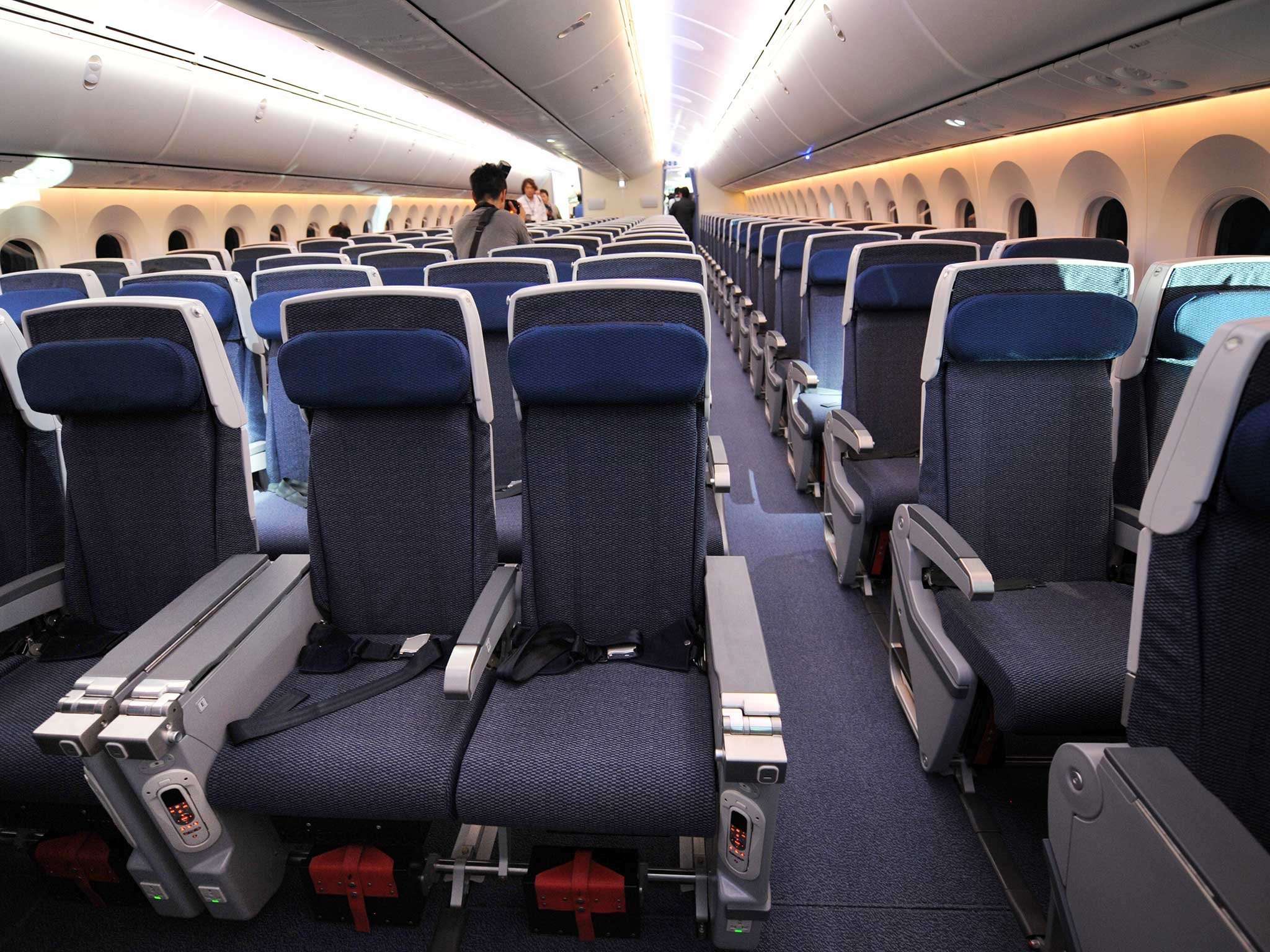Algorithms used by airlines to split up those travelling together unless they pay more to sit next to each other have been called “exploitative” by a government minister.
Speaking to a parliamentary communications committee, Digital Minister Margot James described the software as “a very cynical, exploitative means… to hoodwink the general public”.
She added: “Some airlines have set an algorithm to identify passengers of the same surname travelling together.
“They’ve had the temerity to split the passengers up, and when the family want to travel together they are charged more.”
It’s an issue that will be looked at by the Centre for Data Ethics and Innovation, launched by the government this week to identify and address areas where clearer guidelines and regulation are needed in how data is used.
Passengers first started noticing they were being split up from their party if they didn’t pay more for allocated seating in June 2017, with Ryanair most commonly associated with the practice.
However, Europe’s biggest airline never admitted to changing the way seating was allocated, insisting there was no change and saying that those who don’t pay to choose a seat are “randomly” assigned one.
The Civil Aviation Authority (CAA) has been investigating the issue of paid-for seat allocation for more than a year.
Its latest research, released in October 2018, stated that the likelihood of passengers being split up if they didn’t pay to sit together varied wildly between airlines.
In a survey of 4,296 people who had flown as part of a group, the CAA found that travellers were most likely to be split from their party when flying with Ryanair – 35 per cent of those surveyed were separated having opted not to pay more for allocated seating.
Flybe and TUI Airways were the least likely to break up groups, with just 12 per cent of people separated.
As The Independent reported earlier this year, splitting up passengers could hinder safe and rapid evacuations, according to a report produced by the Royal Aeronautical Society Flight Operations Group (FOG).
The report, entitled Emergency Evacuation of Commercial Passenger Aeroplanes, emphasised the importance of family members being seated together in an emergency.
It lists “Passenger seat allocation” as one its 17 recommendations to improve aircraft evacuations: “Operators should not charge for family members to sit together.
“This is especially important when adults and their children need to be seated near to each other if an emergency situation occurs, such an evacuation, decompression or air turbulence, when the assistance and supervision of an adult is likely to be of paramount importance.”
The report goes on to say: “The UK Civil Aviation Authority decided that the seating of family groups should be such that family members are not seated remotely from each other, since group members who are separated might seek each other out in an emergency evacuation, which might have a serious impact on passenger flow to emergency exits.”
How much hand baggage can you take on a Ryanair flight? Where should you be travelling in 2019? Can you claim compensation for a delayed flight?
Travel expert Simon Calder will be answering all your questions at our upcoming event, Ask Simon Calder.
Register your place today by logging into Independent Minds

kolembo on November 25th, 2018 at 09:37 UTC »
Algorithms used by airlines to split up those travelling together unless they pay more to sit next to each other have been called “exploitative”
It's horrendous that they do this on purpose.
punkass_book_jockey8 on November 25th, 2018 at 09:25 UTC »
I thought this was when the airline sees a family with a toddler, the airline bumps JUST the toddler and tried to argue that the parents didn’t qualify for anything as they weren’t bumped but were voluntarily giving up their seats.
Like this is how they get around giving out any compensation for overbooking.
thenext7steps on November 25th, 2018 at 07:49 UTC »
Just booked a ticket with my 5 year old daughter with air canada - when I checked in online 24 hours before - lo and behold! We were COMPLETELY separated.
Me in the front, her in the very back.
Had I not checked in online 24 hours before, it would have been a mess to get us back together and in a decent set of seats.